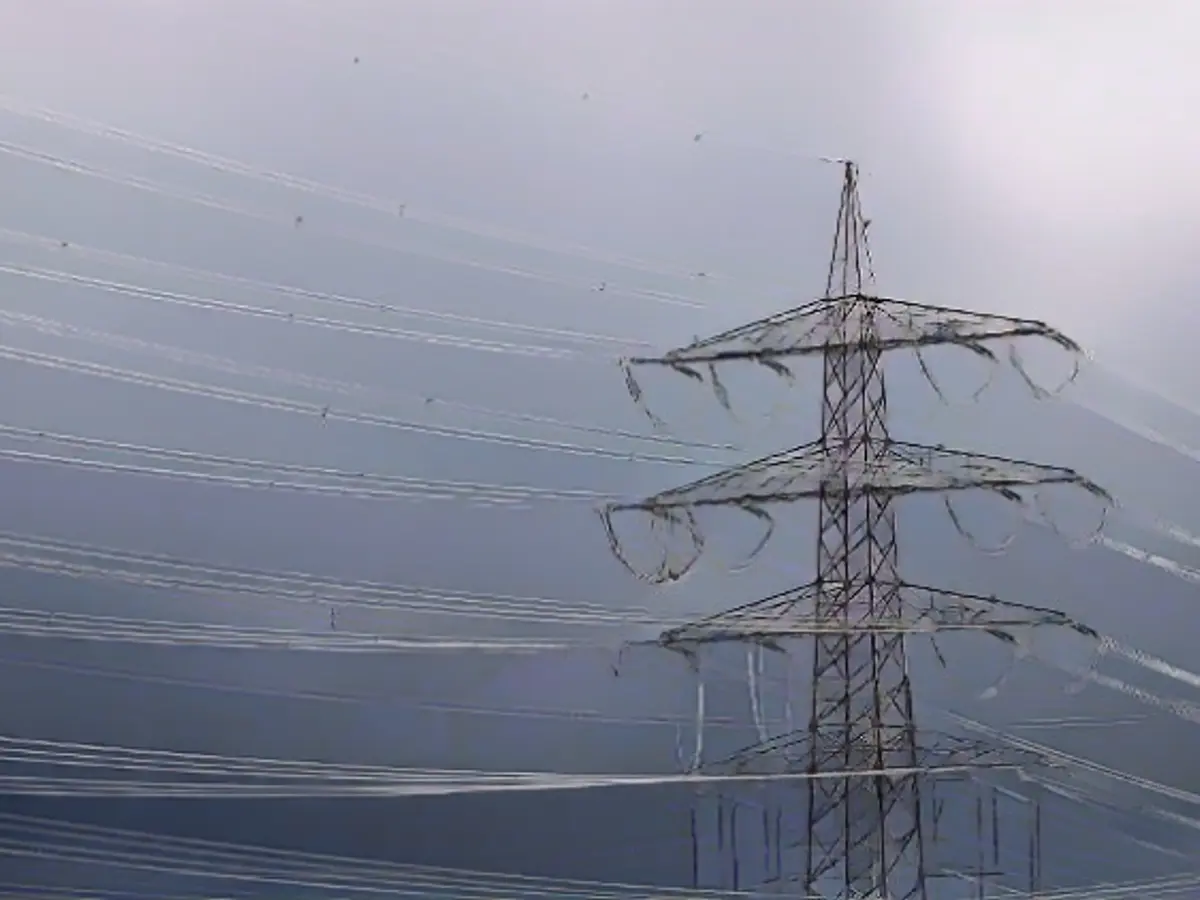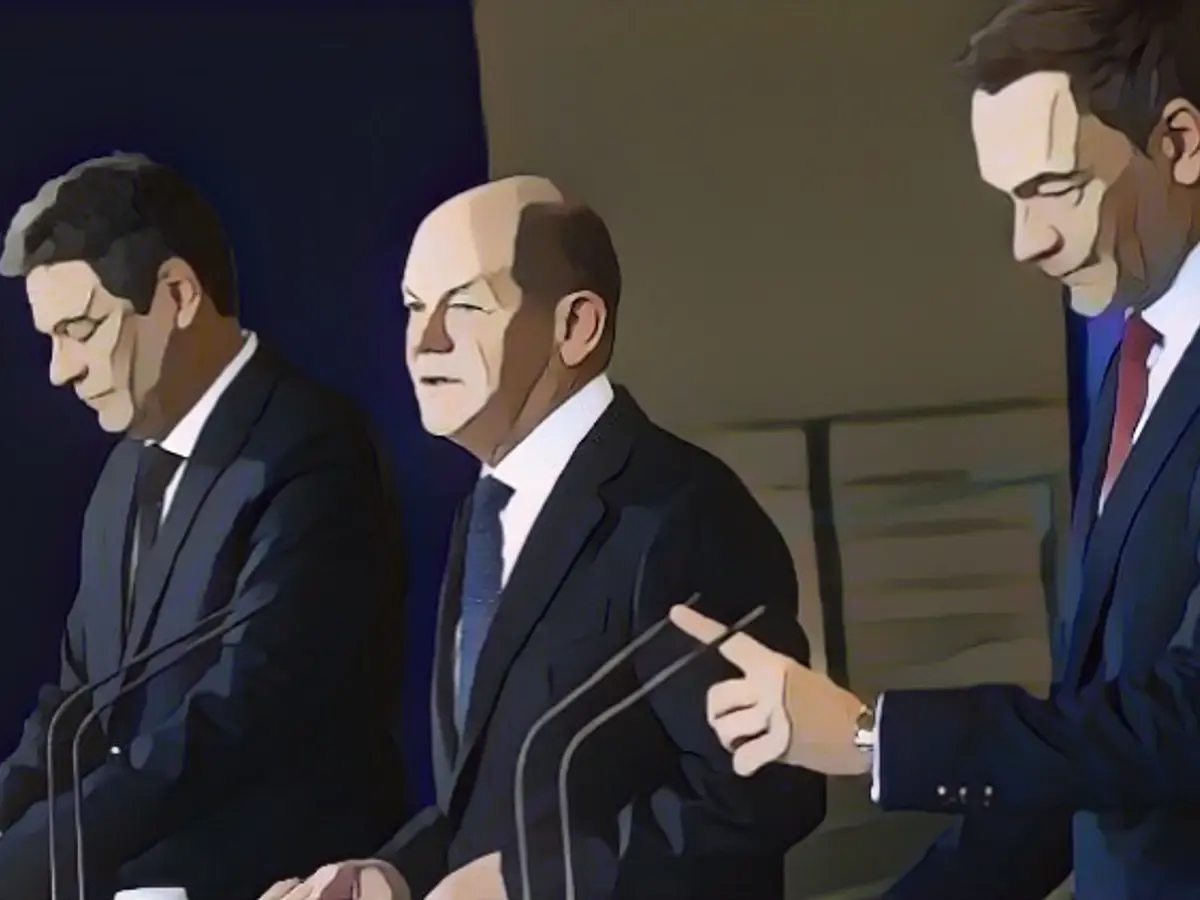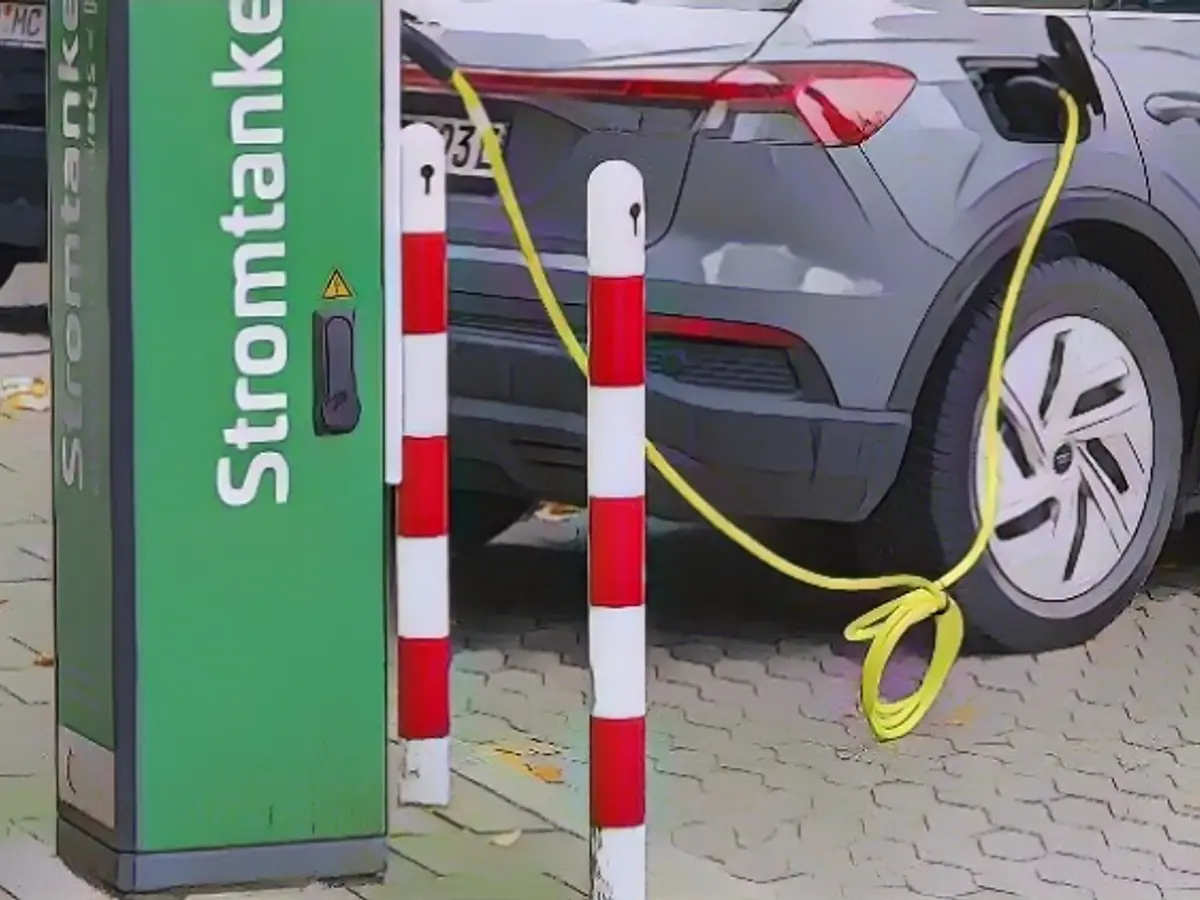Last-Minute Budget Agreement: What's in Store for German Citizens? 🇩🇪
After a grueling all-nighter, the coalition of the two major parties, the SPD (Social Democrat Party) and the Greens, along with the FDP (Free Democrat Party), effective a federal budget agreement for the upcoming year. The budget is set to be voted on by the Bundestag on January 19th. Tonight, on "Maybrit Illner," the guests discuss the implications this new budget will have on the citizens' wallets.
German citizens brace for additional financial burdens in the coming year, with primary focus on heating, electricity, and fuel expenditures according to the proposed budget. As the details remain elusive, Chancellor Olaf Scholz (SPD), Vice-Chancellor Robert Habeck (Greens), and Finance Minister Christian Lindner (FDP) huddled until the early hours to shape the new budget. The lack of formal documentation leaves citizens with minimal insights regarding future expenses.
One certainty gained from the negotiations is the commitment to maintaining the debt brake and stimulating the economic transformation. The budget should also address social needs.
However, a recent ruling from the Bundesverfassungsgericht (Federal Constitutional Court) has diminished the federal government's resources by 17 billion euros for the ensuing year. Following the decree, Chancellor Scholz swore an oath before the Bundestag, "The ruling of the Federal Constitutional Court will not incite any changes in your daily life, here and now." Yet, appearances seem to suggest otherwise.
A "Big Promise": Green Leader Speaks Out 🙄
"It was also a big word to say that there would be no changes at all"
Green Party frontrunner Ricarda Lang shared her insight on the television show. She emphasized the reinstatement of the path first laid out by the previous grand coalition, which lacked any incentives. She added that relief measures introduced in the past two years, such as income tax reductions, would alleviate the impacts of the CO2 price hike.
According to Lang, lowering the electricity tax would also ease the burden on businesses. Additionally, she addressed the critical claims made against Germany's welfare state, which the CDU/CSU (Christian Democratic Union/Christian Social Union) have previously spearheaded. Lang explained that the citizens' income had been increased and basic child protection would be implemented.
"The citizens must pay more" 💸
Christian Dürr, the FDP parliamentary group leader, suggested further advantages for recipients of the citizens' allowance. While he could not specify the details, he suggested stricter penalties for "total refusers" who snub their responsibilities at the job center. Journalist Kristina Dunz from Redaktionsnetzwerk Deutschland countered these claims, claiming that refusals to attend appointments are rare, with only 0.9% of Hartz 4 recipients in 2020 doing so [1].
"People have to pay more" 💰
Hermann-Josef Tenhagen, Finanztip's Editor-in-Chief, questioned if the current budget decisions directly affected citizens. He pointed out that the elimination of energy price caps at the end of the year would impact families utilizing gas heating and district heating customers particularly harshly. Moreover, the VAT on gas would rise, accompanied by higher CO2 taxes.
No Violation of the Grundgesetz [2] 🇩🇪
Helge Braun from the CDU praised the homage to the debt brake. However, he underlined that no concrete plans have been documented at present. Despite this, Braun stated, "A few accounting trickery coupled with additional burdens on citizens" and threatened further advances would defy the Grundgesetz (Basic Law).
Make the Switch to Save 💡
Hermann-Josef Tenhagen presented a thrifty tip: "People simply have to do a lot more themselves." He suggested that conceivable energy savings could be accomplished by switching energy suppliers, citing cheaper offers that had lowered electricity rates from 44 cents to 32 cents per kilowatt-hour.
References 📈
[1] "German Welfare State in Crisis?" NTD, accessed February 2024. [2] "Grundgesetz für die Bildung der Deutschen Bundesrepublik," Bundesverfassungsgericht, accessed February 2024.








